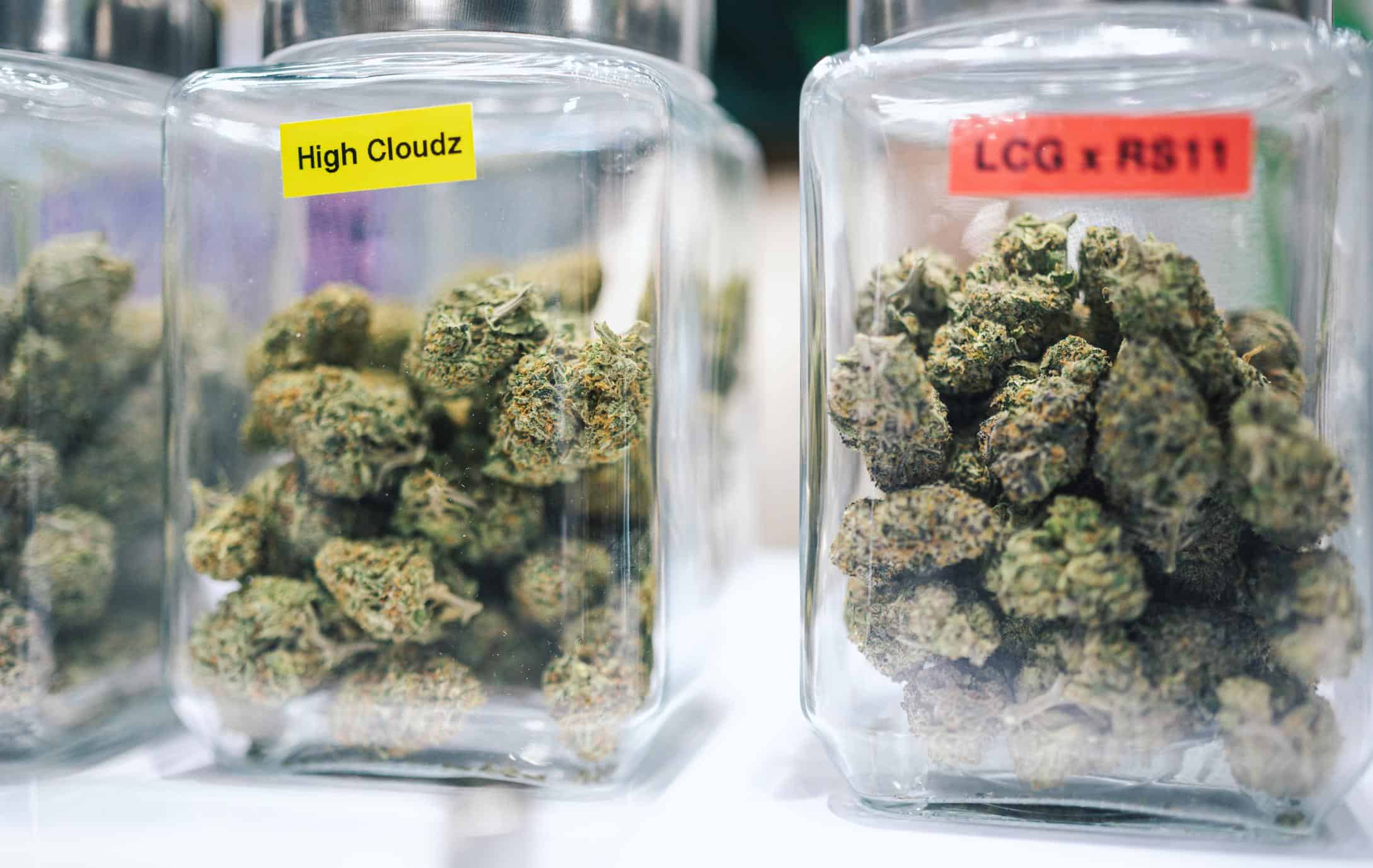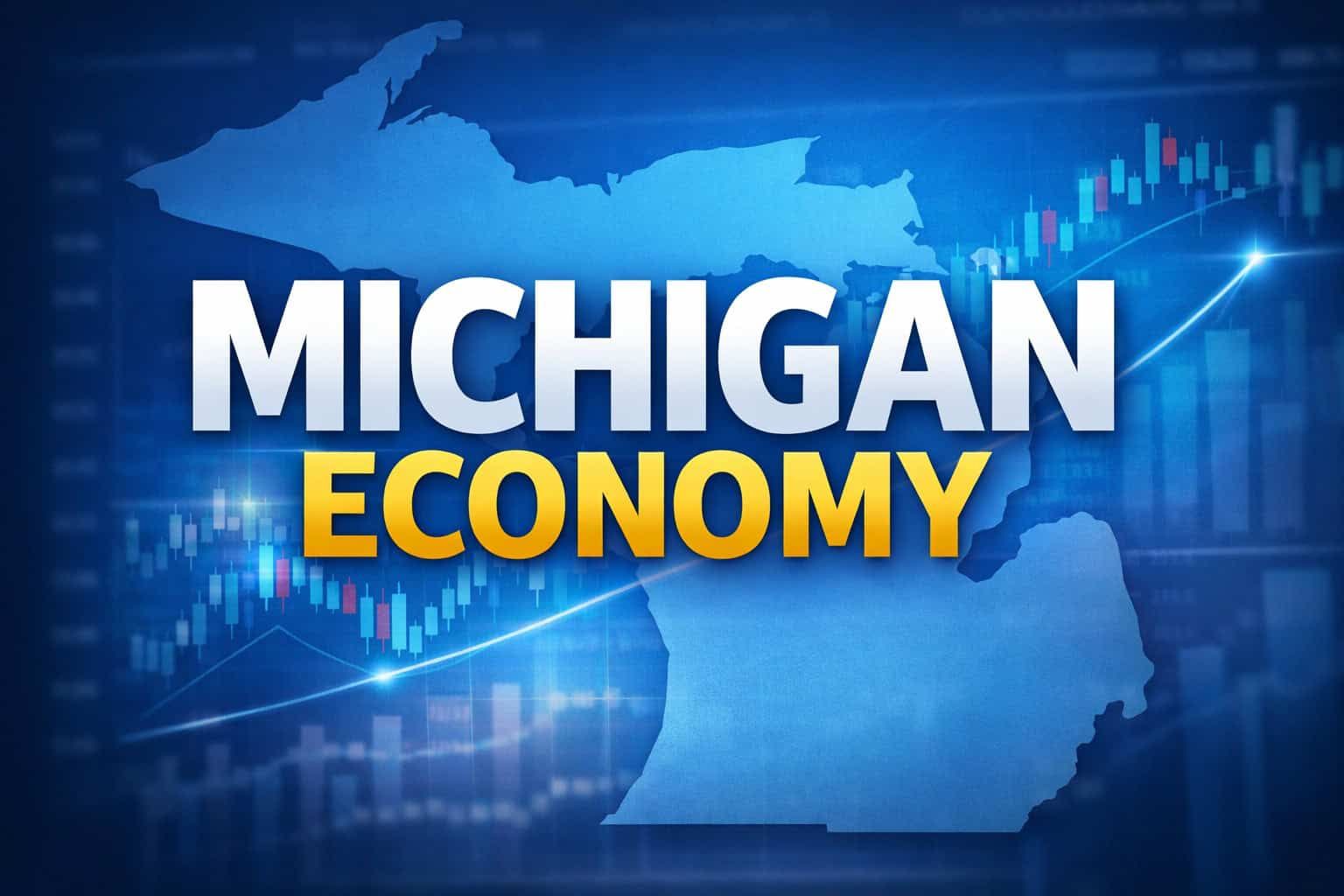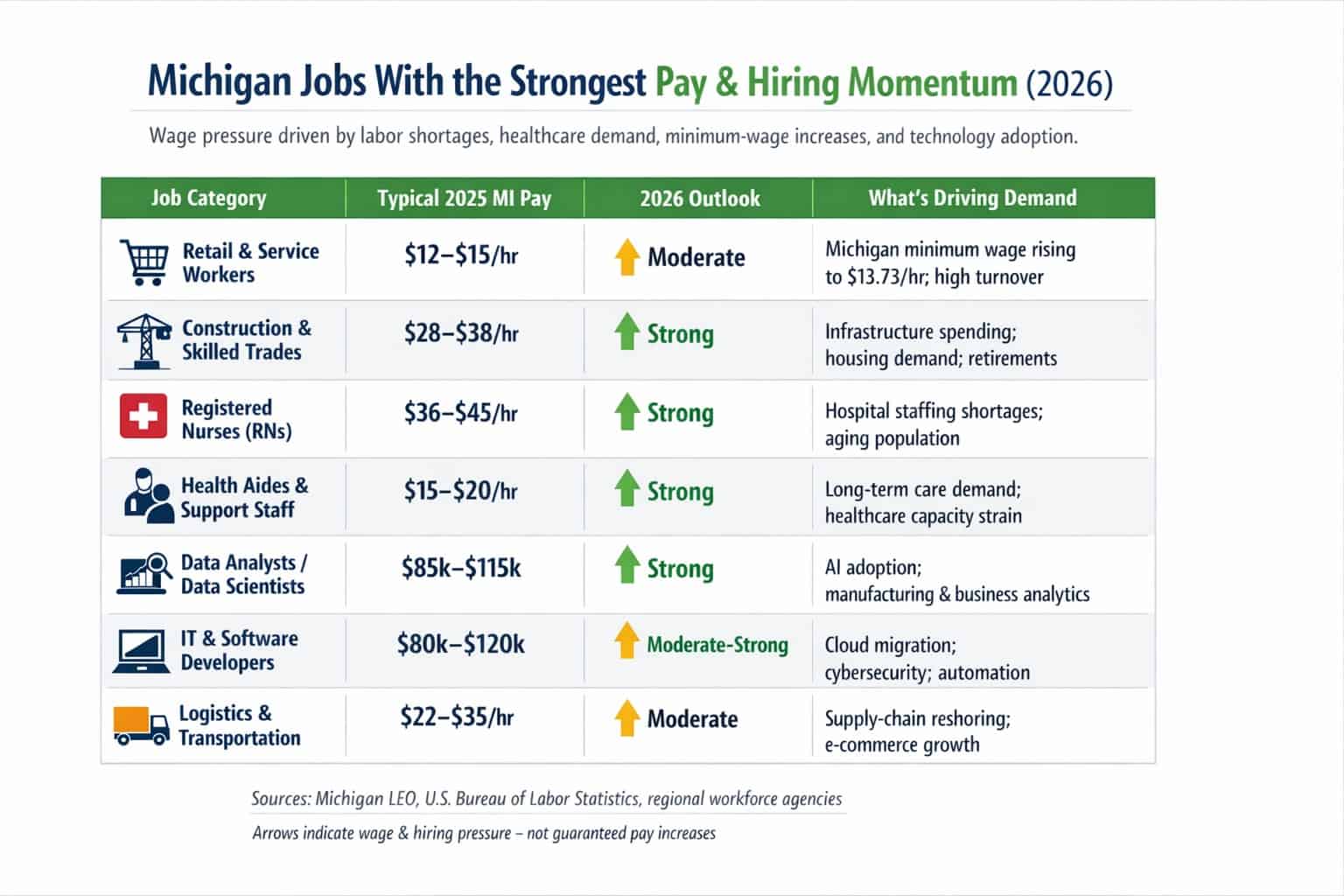DETROIT – General Motors and Ford, plus foreign-owned Stellantis, which owns the Chrysler, Dodge and Jeep brands, all reported a healthy uptick in domestic vehicle sales in the latest quarter.
They’re also having an easier time than expected navigating federal policy: Washington recently eased tariffs on some auto parts and is backing away from fuel emissions standards, a move manufacturers say could save them billions, Investopedia reported.
Investors are taking notice. GM shares shot up some 15% after the company reported its third-quarter results on Tuesday, sending the stock to a record high. Ford shares were up 9% Friday, a strong day for stocks broadly, after handing in its numbers late Thursday. Stellantis is on track to finish the week up nearly 4%.
“The auto market remains more robust than initially expected while favorable environmental regulatory changes open up opportunities for the company to boost profits,” Bank of America wrote about GM’s results.
Car companies’ electric vehicle businesses boomed as Americans rushed to take advantage of an expiring tax credit. Gas-powered models moved quickly too. GM and Ford’s domestic sales rose 8% year-over-year in the third quarter, while Stellantis’ sales picked up 6%, the companies said.
What This News Means for Consumers
American car-company executives have said the competitive market has prevented them from passing off more of the cost of tariffs. They may have some room to hold off on price hikes, given that the businesses say they’re benefiting from recent policy changes.
Cox Automotive Senior Economist Charlie Chesbrough said strong financial markets have helped sustain consumers’ willingness to spend, lifting the auto business. “President Trump pulling back from more severe tariffs has helped improve the near-term outlook,” he said. “Longer term, the pullback from EV targets and mandates will allow manufacturers to produce more profitable and more consumer-focused products.”
GM’s third-quarter results topped estimates, with domestic sales year-to-date growing at “the best pace in a decade,” the company said. Its annual tariff hit will be about half a billion dollars less because the government recently expanded the scope of auto parts shielded from tariffs. GM may also save about $1 billion annually in federal emissions penalties, JPMorgan said.
Ford’s third-quarter results also beat expectations, and the manufacturer was on track to raise its full-year outlook before a fire tore through one of its aluminum suppliers’ facilities, according to CEO Jim Farley. Tariff-related expenses are likely to amount to $1 billion rather than $2 billion in 2025, while emissions policy changes may eliminate $2.5 billion in “purchase obligations,” CFO Sherry House said on a conference call Thursday.
“We’ve had material cost improvements,” House said, according to a transcript made available by AlphaSense. “The credit business has been performing well and pricing and volume has also been strong.”
The environment has also shaken things up for all-electric manufacturer Tesla (TSLA). The Texas-based company’s total deliveries rose 7% year-over-year last quarter, and those in North America grew 28% from the second to third quarter, CFO Vaibhav Taneja said. Revenue from automobiles rose, but the company took in 44% less from selling credits other manufacturers needed to meet emissions standards.5
Investors are slated to see Stellantis’ numbers and hear from its executives on Thursday.







